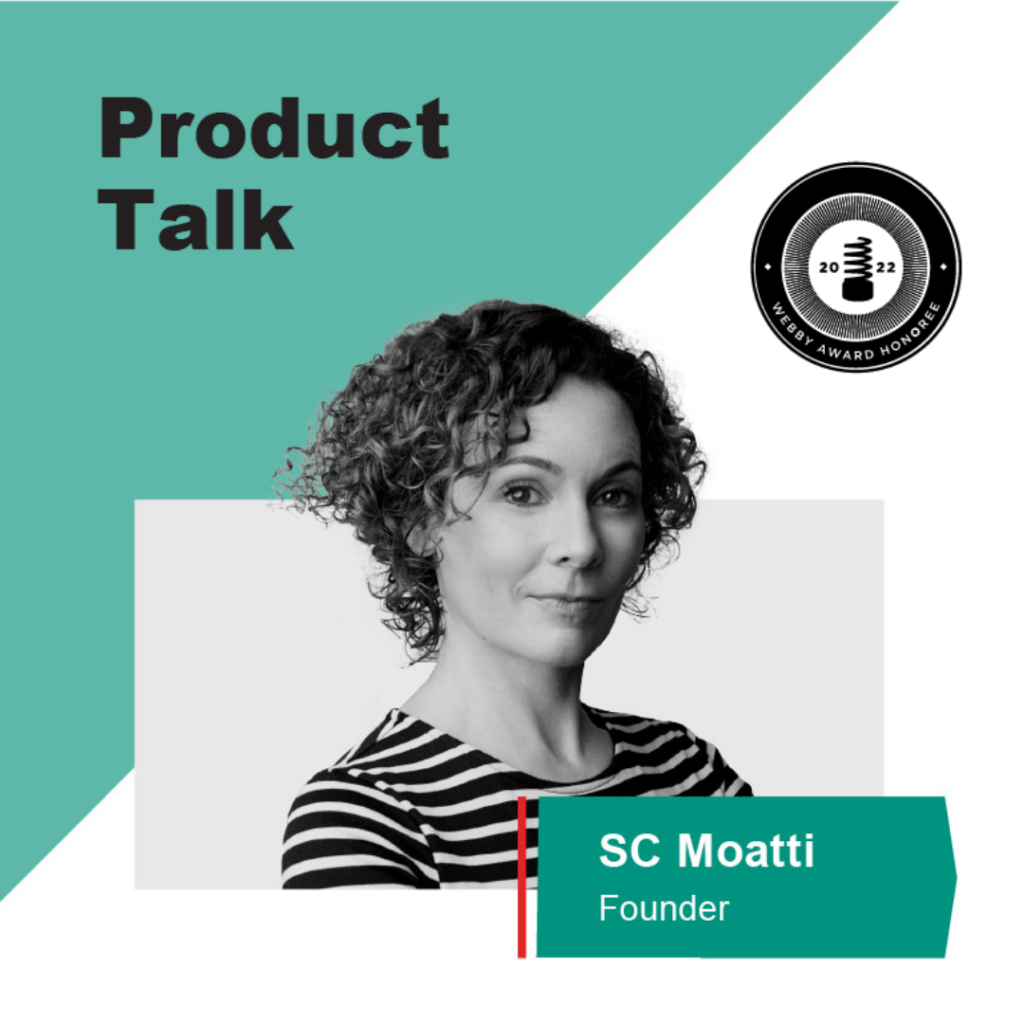What are the key traits of product leaders?
This is episode 10 in the CPO Rising Series. Here, Elsevier Chief Product Officer Mikhail Vaysbukh talks about leading product at the Netherlands-based academic publishing company. In particular he talks about building with the right people, beginning with the interview process, to structuring teams, to the two most important behaviors for any product leader.
Subscribe to the Product Talk podcast on Spotify and Apple Podcasts and never miss a single conversation with leading product executives. New episodes go live every week. Episodes in the CPO Rising Series drop on Fridays.

On optimizing the organizational structure
One question on the minds of many product leaders: how often do you restructure teams? Furthermore, what triggers that restructuring? For the most part, says Mikhail, the impetus is growth.
“The most challenging thing is to outsmart ourselves every year. To grow at a double digit rate continuously, you need to constantly outsmart yourself. And part of outsmarting yourself is optimizing organizational structure, because the business model continues to evolve. The operating model continues to evolve.
“One of the things that I do at times is incubate operational teams within my organization. It helps create very close alignment between product and operational teams. It allows us to build internal tools and solutions that those teams need to become more efficient. At some point, the team may reach a maturity level when it may be spun out and go into other segments of the business. And we just need to be open to that.
“So I continuously look at what’s changing. How do we optimize? And there is one key measure for me when they look at the organization.… Everyone in my organization needs to have a career path. If there’s somebody or some function that doesn’t have a career path or progression, then I’m doing a disservice by keeping them the way they are.
“I view it as my job, as a leader, to ensure that I provide career progression opportunities. And as the business evolves. As teams that didn’t exist in the business a year ago, two years ago, five years ago, come to place, there may be changes and adjustments that are warranted.”
On positive uplifting interview experiences
Hiring, retaining, and training talent is top of mind for any product leader. How does Elsevier solve this problem? Mikhail says that rather than drilling interviewees with an exhaustive series of probing questions, Elsevier takes a different approach. In particular, he calls this the cultivation of positive, uplifting interview experiences.
Mikhail explains, “When we approach the interview process, we usually think about experience of the individuals we are interviewing. And I focus on selling the company first and prioritize that over how much information I extract from the candidate. Because positive uplifting interview experience is very important in the process. And that’s how many candidates make the decision. To them, that is sort of a presentation of the organizational culture.
“Interestingly, when you talk about the company, and the culture, it creates an opportunity to ask [broader questions]. How does that compare with things that they’ve seen?… Within most cases, the candidate starts to volunteer how they operate.
“We start to talk about our process. Is that similar to what you’re used to? So that is an opportunity to create these kinds of interview questions where you get to their core expertise. But at the same time, you’re not presenting it as… traditional interview questions. You are presenting it [as], I’m sharing with you what we are doing. I want to help you learn more about us. Right? And then, by the way, [is that the] same or different from [your experience]?”
On the two most important traits for product leaders
It’s one thing to hire team members, but what about team leaders? In this case, Mikhail says there are two particular traits he has in mind.
When hiring, he says, “I’m looking at behavioral characteristics. And [there are] two things that, in my mind, are most important. One is ownership mentality, that not everyone has. And there’s different conversations about ownership. What I mean is, I am a big believer that we own everything that happens with us and around us…. It helps to be a true problem solver….
“And the second behavioral characteristic is commitment to achieving results through engaged employees and team and talent. I’m not looking for leaders who prioritize results at all costs. That’s not Elsevier or RELX culture. That’s not how we operate and leaders like this would not be a good fit. You need to be able to be a high achiever while bringing the team along and making it through a team success.”